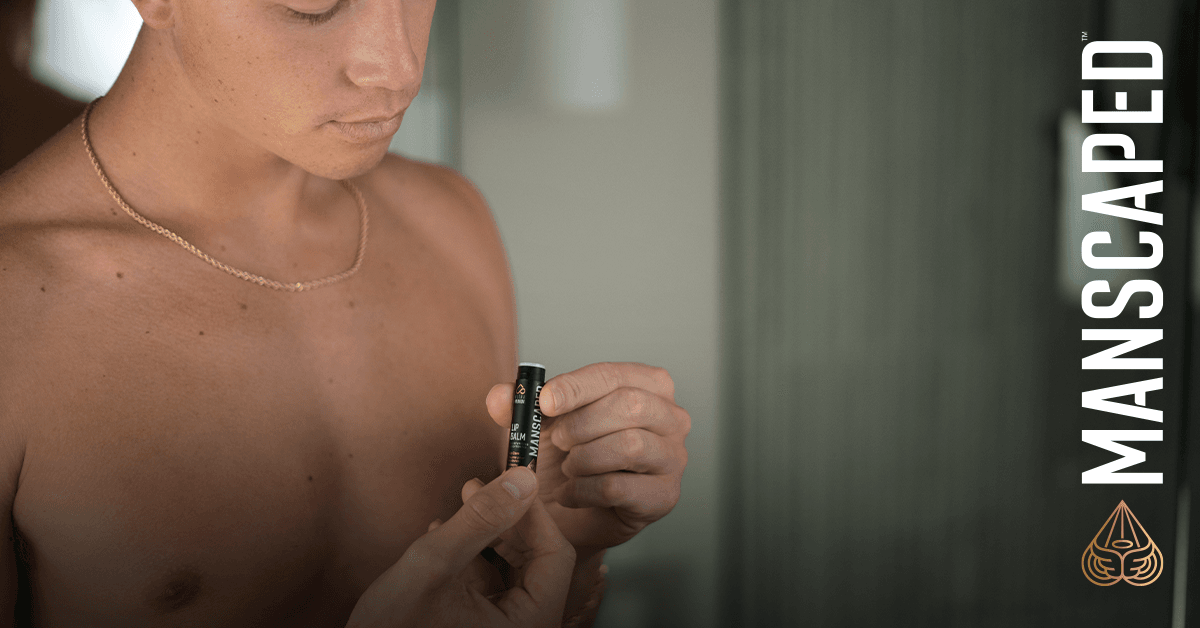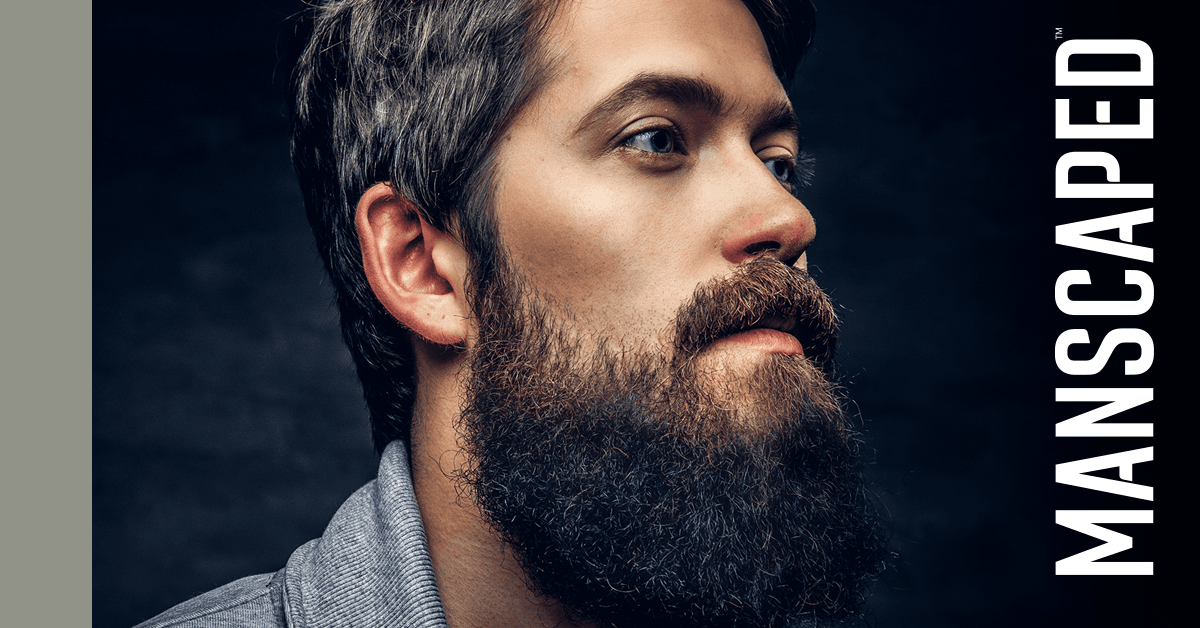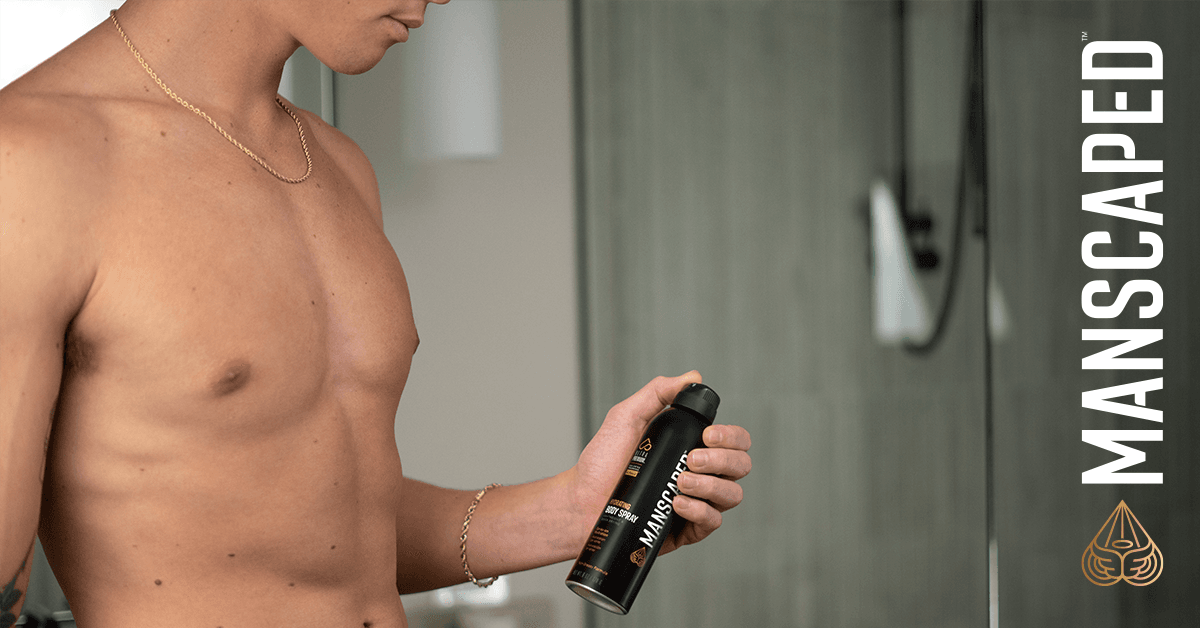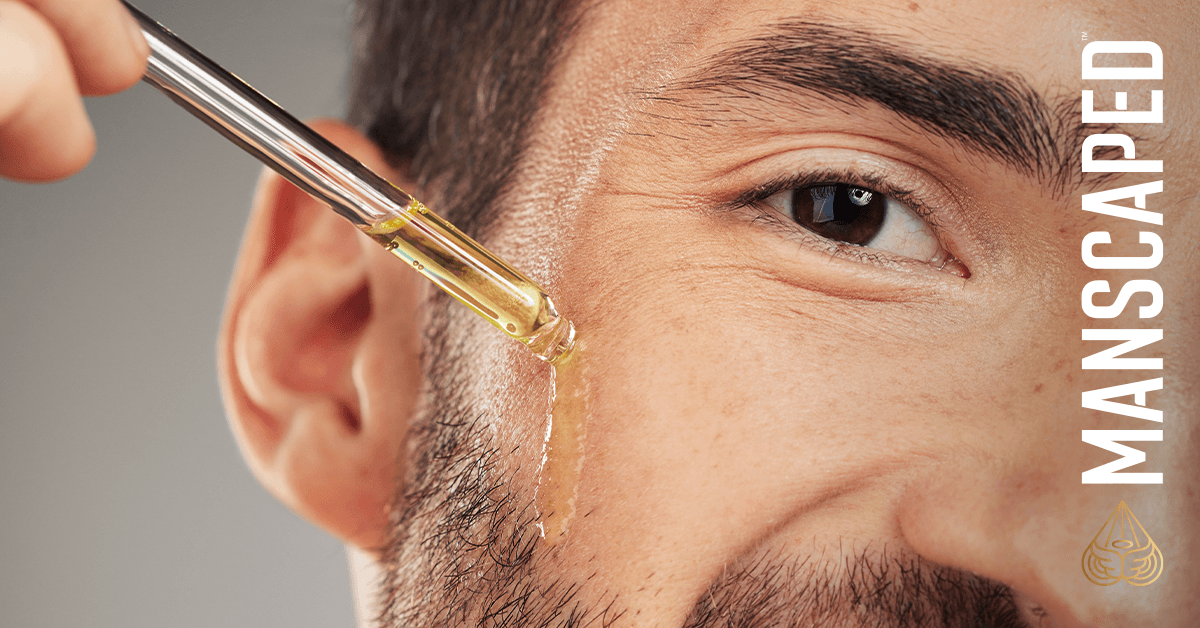
Sunburns. What else needs to be said beyond the fact that they suck?
A lot, actually.
Sunburns definitely aren’t fun, but as modern science has taught the world, they’re something that should be taken seriously. While there is a big difference between a sunburn and skin cancer, there’s a correlation between the two. That’s because the same UV rays that cause sunburns can also cause skin cancer. So, the more times you get sunburns, the more chances you have of developing cancerous growths in your skin.
We’re not saying this to scare you. There’s actually a lot you can do to protect yourself from the sun, and all of those things help with both cancer and sunburns.
So, we’re going to get into it. We’re going to explain exactly how sunburns work and use that knowledge to help you fortify your defenses.
Better yet, we’re going to provide all of this knowledge from the perspective of protecting your lips. They’re one of the most sensitive parts of your epidermis, which is the whole point. If you can protect your lips from sunburn, you can probably protect the rest of your skin, too.

Start with a science lesson on how to avoid sunburned lips
At MANSCAPED™, we’re big fans of science and technology. We develop products by diving deep into the mechanics of how the components work, and that’s not a bad way to approach sunburn prevention.
You already know that sunlight can cause sunburns, and you probably also know that it’s the ultraviolet rays that actually do the burning. What you might not know is that ultraviolet sunlight is a form of radiation, and the fundamental rules of radiation safety can help you avoid a burn on your lips. It might sound extreme, but the rules are pretty simple and go a long way.
1. Distance
The first rule of radiation safety is to maximize distance. Since we’re talking about sunburns, it might seem like distance isn’t really something you can control. You can’t exactly get farther away from the sun (unless you’re wealthy enough to build your own space rocket). How, then, are you supposed to increase distance?
Well, the distance rule is all about intensity. If you’re an x-ray technician, then getting farther away from the x-ray machine can help you reduce the intensity of any radiation that comes your way.
With sunlight, you can reduce intensity by learning a few tricks.
First, sunlight is more intense at higher elevations. This is because the atmosphere can absorb a lot of UV photons, so having more atmosphere between you and the sun is a good thing for preventing sunburns.
Second, sunlight is more intense near the equator. In this case, it’s because the sunlight is coming at you from a straighter angle, and that angle reduces the amount of atmosphere the UV rays have to travel through before they get to you.
Long story short, you need more sun protection when you’re at higher elevations or closer to the equator.
2. Shielding
The second rule of radiation safety is to use shielding. With some types of radiation, this can prove rather tricky, but with sunlight, it’s pretty easy. Sunblock is a shield. Clothes are shields. The roof of your home is definitely a shield. Basically, if it has an SPF rating or it creates a shadow, it blocks UV light and can help protect your precious lips.
3. Time
Our last rule of safety has to do with time. The more time you spend in the sun, the more radiation you absorb, and the more likely you are to get a sunburn. It’s the easiest thing of all. Get out of the sun, and you’ll cut that exposure. Your lips are protected, and everyone wins. Well, at least you win.
Applying these lessons to your lips
So far, we’ve been focusing on preventing sunburns in general. When it comes to protecting your lips, it might feel a little strange. After all, you don’t really want to put regular sunblock on them. You’d basically be eating it, and that does not sound like a good time.
Let’s consider some specific tips and tricks that will protect your lips.
Get some shade
Any shade is better than no shade when it comes to protecting your lips. If you’re spending a lot of time outside, getting under a tree or ducking inside when you get a chance is great, and it protects more than just your lips.
When general shade isn’t an option, you can try a wide-brimmed hat. Good, big hats can cast shade over your whole face. Your lips are protected right alongside your cheeks and your eyes. Hats are great.
You can also consider a sunshade umbrella. Some of you might not feel like you’re ready to carry an umbrella just for shade from the sun, but we’ve been all about breaking stereotypes and norms from the beginning. If it keeps you healthy, why not?

Check the solar index
This is still general advice, but there wasn’t a great place to put it in the previous sections, so we’re explaining it now.
The sun does not have the same intensity throughout the day. There’s this nifty thing known as the UV index, and it tells you what parts of the day will have the brightest sunlight. The index will also give you an idea of how easy it will be to get a sunburn at any given time.
When you’re making outdoor plans, check the index. Invariably, mornings have a lower UV index than afternoons, but since things change from day to day, you can figure out which days are best for pulling weeds in the lawn or getting back on your mountain bike.
Find some SPF for your lips
We already talked about using sunblock on your lips, but you can find plenty of examples of lip balms and treatments that have SPF in them. In general, to prevent a sunburn, you want an SPF rating of 30 or higher.
Your lips are particularly sensitive, and they really don’t need to tan, so feel free to go high on the SPF rating. Also, use the stuff liberally. Any sunblock will wear off after a few days, but because of the fact that you breathe through or on your lips, the moist, moving air can wear down your sunblock even faster.
Reapply regularly.
If SPF lip treatments aren’t your thing, then revisit the shade idea. It turns out that clothes and hats can have an SPF rating, so look into it. Find something you enjoy wearing that puts shade over your lips, and make sure it’s effective enough to prevent sunburns.
Moisturize
This last tip is a little different. Moisturizers on your lips don’t really do anything to block UV rays, so in a direct sense, moisturizing doesn’t prevent sunburn.
All of that said, moisturized lips tend to be healthier lips, and healthier lips can stand up to a sunburn better than unhealthy lips. It’s not a direct prevention tip. Instead, moisturizing helps you cope with sun exposure in general. Just like healthier skin can tan before burning, healthy lips can absorb some UV light without burning.
More importantly, if your lips get sunburned despite all of your best efforts, then at least they’re moisturized, and you’re comfortable with moisturizing them. Sunburns usually dry out the skin, and that can include your lips. The dryness exacerbates cell damage and discomfort, so use a good lip balm to keep things moisturized.
Use a good balm

With all of this talk about lip balms and moisturizers, it seems like a good chance to plug one of our products.
We mentioned earlier how we love to pour science into our products, and our Lip Balm is no exception. We scoured the globe to find ingredients that provide deep moisturizing benefits.
Eucalyptus oil is one of those ingredients. It’s a natural moisturizer that keeps your lips soft. It can even prove soothing if your lips are abnormally dry (like, say, when they get sunburned).
Sodium hyaluronate is another great example. It’s another ingredient that we can naturally source, and it actually helps attract moisture. So, when you apply our Lip Balm, you aren’t just rubbing oil on your lips. You’re using advanced chemistry to pull natural moisture to them, increasing the benefit.
We also packed this balm with vitamin E. This vitamin is good for lip health in general. Its presence helps promote resilience in your lips, and the antioxidant properties can help your lips stay pristine even when they take a little abuse.
These ingredients are important, but so is the MANSCAPED™ process. As you have come to expect, all of our products are vegan and cruelty-free. Our lip balm was never tested on animals, and none had to suffer in its production. It’s also paraben-free because we don’t want you to have to choose between moisturized lips and healthy lips. You can have it all.
Our Lip Balm is here to help you have healthy, attractive lips with virtually no effort. Simply apply the balm whenever they feel at all dry, and you’re good to go.
09.08.22
Share

Featured Articles
- Your Favorite Ball Deodorant. Now with a New Scent: Perservere.MANSCAPED® + TCS for Testicular Cancer Awareness MonthIntroducing The Lawn Mower® 5.0 Ultra TCS Special Edition and TCS Ball Hero BundleThe Dome Shaver™ Pro vs. The Dome Shaver™ Plus: Which Should You Choose?The Chairman™ Pro vs. The Chairman™ Plus: Which Should You Choose?



